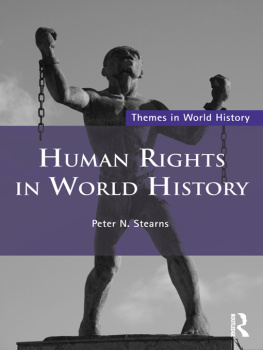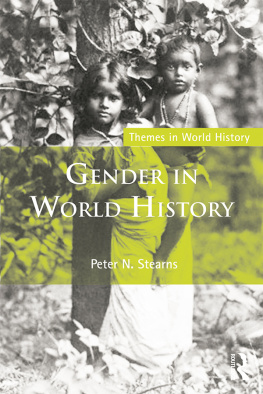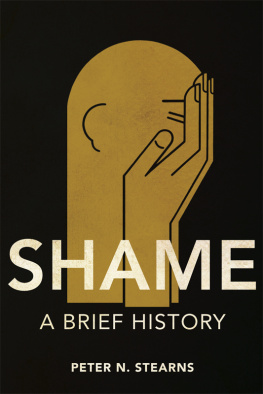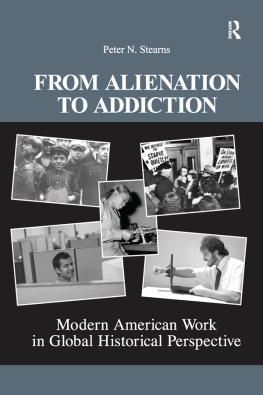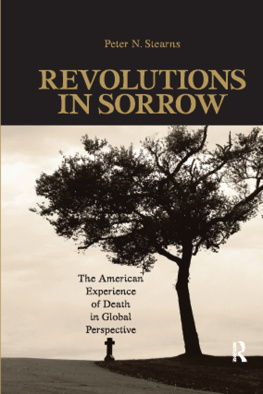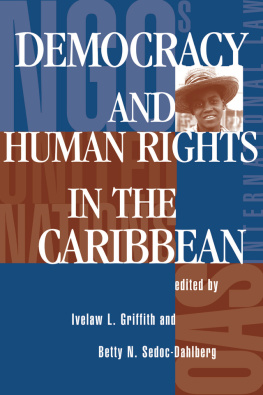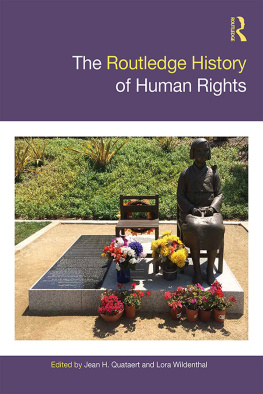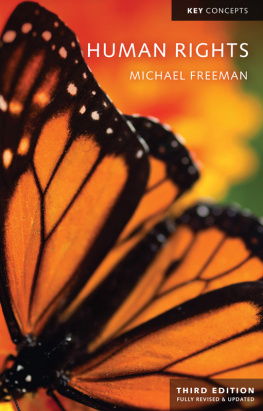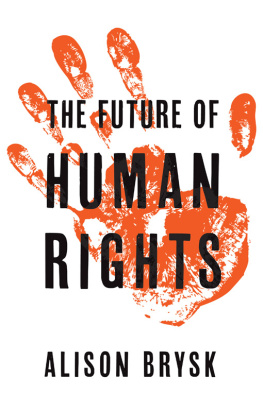Human Rights in World History
Defended by a host of passionate advocates and organizations, certain standard human rights have come to represent a quintessential component of global citizenship. There are, however, a number of societies that dissent from this orthodoxy, either in general or on particular issues, on the basis of political necessity, cultural tradition, or group interest.
Human Rights in World History takes a global historical perspective to examine the emergence of this dilemma and its constituent concepts. Beginning with premodern features compatible with a human rights approach, including religious doctrines and natural rights ideas, it goes on to describe the rise of the first modern-style human rights statements, associated with the Enlightenment and contemporary anti-slavery and revolutionary fervor. Along the way, it explores ongoing contrasts in the liberal approach, between sincere commitments to human rights and a recurrent sense that certain types of people had to be denied common rights because of their perceived backwardness and need to be civilized. These contrasts find clear echo in later years with the contradictions between the pursuit of human rights goals and the spread of Western imperialism.
By the second half of the 20th century, human rights frameworks had become absorbed into key global institutions and conventions, and their arguments had expanded to embrace multiple new causes. In todays postcolonial world, and with the rise of more powerful regional governments, the tension between universal human rights arguments and local opposition or backlash is more clearly delineated than ever but no closer to satisfactory resolution.
Peter N. Stearns is Provost and Professor of History at George Mason University, Virginia. He is Series Editor for Routledges Themes in World History and founder and editor of the Journal of Social History . He is co-author of Premodern Travel in World History (2008) and author of Childhood in World History (2nd edition, 2010), Globalization in World History (2009), Sexuality in World History (2009), Gender in World History (2nd edition, 2006), and Western Civilization in World History (2003)all in this series.
Themes in World History
Series editor: Peter N. Stearns
The Themes in World History series offers focused treatment of a range of human experiences and institutions in the world history context. The purpose is to provide serious, if brief, discussions of important topics as additions to textbook coverage and document collections. The treatments will allow students to probe particular facets of the human story in greater depth than textbook coverage allows, and to gain a fuller sense of historians analytical methods and debates in the process. Each topic is handled over timeallowing discussions of changes and continuities. Each topic is assessed in terms of a range of different societies and religionsallowing comparisons of relevant similarities and differences. Each book in the series helps readers deal with world history in action, evaluating global contexts as they work through some of the key components of human society and human life.
Gender in World History
Peter N. Stearns
Consumerism in World History
The global transformation of desire
Peter N. Stearns
Warfare in World History
Michael S. Neiberg
Disease and Medicine in World
History
Sheldon Watts
Western Civilization in World
History
Peter N. Stearns
The Indian Ocean in World History
Milo Kearney
Asian Democracy in World History
Alan T. Wood
Revolutions in World History
Michael D. Richards
Migration in World History
Patrick Manning
Sports in World History
David G. McComb
The United States in World History
Edward J. Davies, II
Food in World History
Je ff rey M. Pilcher
Childhood in World History
Peter N. Stearns
Religion in World History
John Super and Briane Turley
Poverty in World History
Steven M. Beaudoin
Premodern Travel in World History
Steven S. Gosch and
Peter N. Stearns
Premodern Trade in World History
Richard L. Smith
Sexuality in World History
Peter N. Stearns
Globalization in World History
Peter N. Stearns
Jews and Judaism in
World History
Howard N. Lupovitch
The Environment in World History
Stephen Mosley
Agriculture in World History
Mark B. Tauger
Science in World History
James Tre fi l
Alcohol in World History
Gina Hames
Human Rights in World History
Peter N. Stearns
First published 2012
by Routledge
2 Park Square, Milton Park, Abingdon, Oxon OX14 4RN
Simultaneously published in the USA and Canada
by Routledge
711 Third Avenue, New York, NY 10017
Routledge is an imprint of the Taylor & Francis Group, an informa business
2012 Peter N. Stearns
The right of Peter N. Stearns to be identified as author of this work has been asserted by him in accordance with sections 77 and 78 of the Copyright, Designs and Patents Act 1988.
All rights reserved. No part of this book may be reprinted or reproduced or utilized in any form or by any electronic, mechanical, or other means, now known or hereafter invented, including photocopying and recording, or in any information storage or retrieval system, without permission in writing from the publishers.
Trademark notice: Product or corporate names may be trademarks or registered trademarks, and are used only for identification and explanation without intent to infringe.
British Library Cataloguing in Publication Data
A catalogue record for this book is available from the British Library
Library of Congress Cataloging in Publication Data
Stearns, Peter N.
Human rights in world history / Peter N. Stearns. 1st ed.
p. cm. (Themes in world history)
ISBN: 978-0-415-50795-0 (hbk) -- ISBN: 978-0-415-50796-7 (pbk) -- ISBN:
978-0-203-11995-2 (ebk) 1. Category. 2. Category. 3. Category.
LVVPD number
ISBN: 978-0-415-50795-0 (hbk)
ISBN: 978-0-415-50796-7 (pbk)
ISBN: 978-0-203-11995-2 (ebk)

